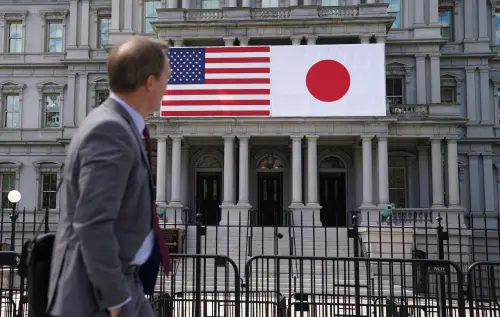On July 1, 1997, Britain returned the sovereignty of Hong Kong to China. British colonial rule of Hong Kong finally came to an end after over 150 years and the new government, the Hong Kong Special Administrative Region (HKSAR) Government, began operating under Chinese sovereignty and the new constitutional framework set up by the Basic Law, the mini-constitution of Hong Kong. The year 1997 not only marks the change of sovereignty for Hong Kong, but also signifies the rise of a new political order (Kuan 1991; Ghai 1999; Lee 1999; Lau 2002; So and Chan 2002). However, when Hong Kong’s sovereignty changed, the mode of governance left by the British colonial legacy, the administrative state, under which civil servants serve not only as the backbone of government but also as major policy-makers, remained intact.
The administrative state model of governance and its embedded power alignment are incongruent and in tension with the new political order of Hong Kong. It is also not fully consistent with the ideologies and values of the new political leaders, who have the China’s endorsement and trust and a strong pro-Beijing background. The British colonial legacy has shaped the Hong Kong civil service as an autonomous and powerful institution with high political legitimacy (Lau 1982; Harris 1988; Miners 1998; Cheung 2001; Lo 2001; Welch and Wong 2001). With the civil service acting as an independent institution, pro-Beijing politicians have often found it constraining their power, posing an obstacle to their leadership and a roadblock for their policies. Since the reversion, there have been disagreements and even some major rifts between the politicians and the civil service in many policy areas, ranging from language policy in high schools to the overall implementation of the “one country, two systems” principle in Hong Kong. Many of these disagreements and conflicts between the politicians and the bureaucrats are manifestations of the political systemic incongruity between the old governance model and its new China-dominated political order, as well as of the inner tensions within the “one country, two systems” policy (Chan, Fu and Ghai 2000; Lau 2002; So and Chan 2002).
To Beijing and the pro-Beijing politicians in Hong Kong, reforming the British model of civil service governance has become an important and inevitable step in reconciling the systemic incongruity between the authority rested in the administrative apparatus and the new political reality of the post-1997 era. Civil service reforms, often disguised as management and economic-oriented reforms, have become effective and useful political tools for shifting power from the civil service to China-backed politicians. The influence of the civil service has been dramatically reduced by disguised political reforms, which were implemented after 1997 at both the policy-making and bureaucratic levels. These reforms not only strip the top civil service of their main policy-making tools, but also make the civil service, a formerly powerful and autonomous institution, more permeable and vulnerable to influence from the new political leaders. This is transforming the British-style administrative state into a new regime with Chinese characteristics. This article examines the background, context and content of the civil service reforms during the post-1997 period in Hong Kong and discusses their major implications.

